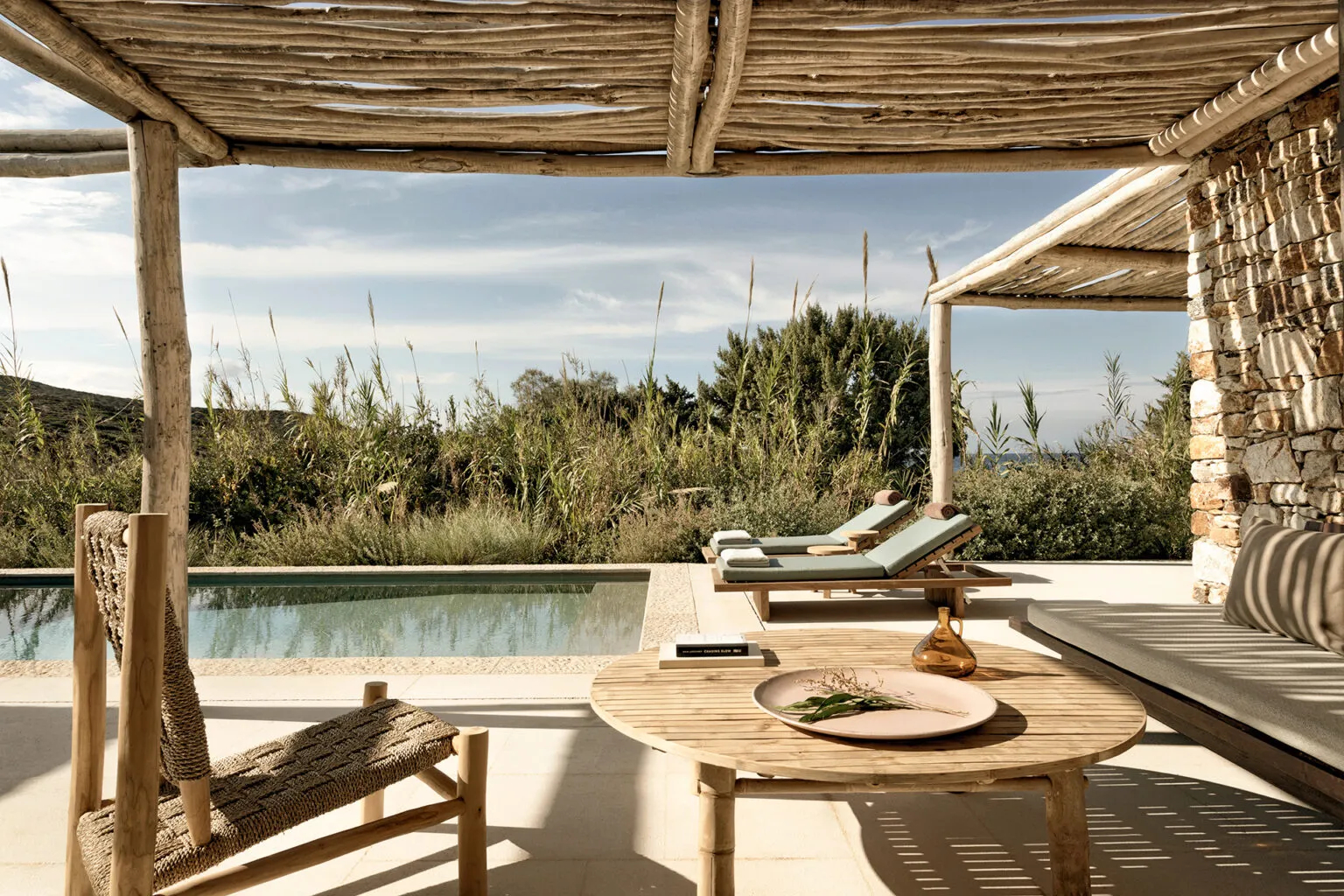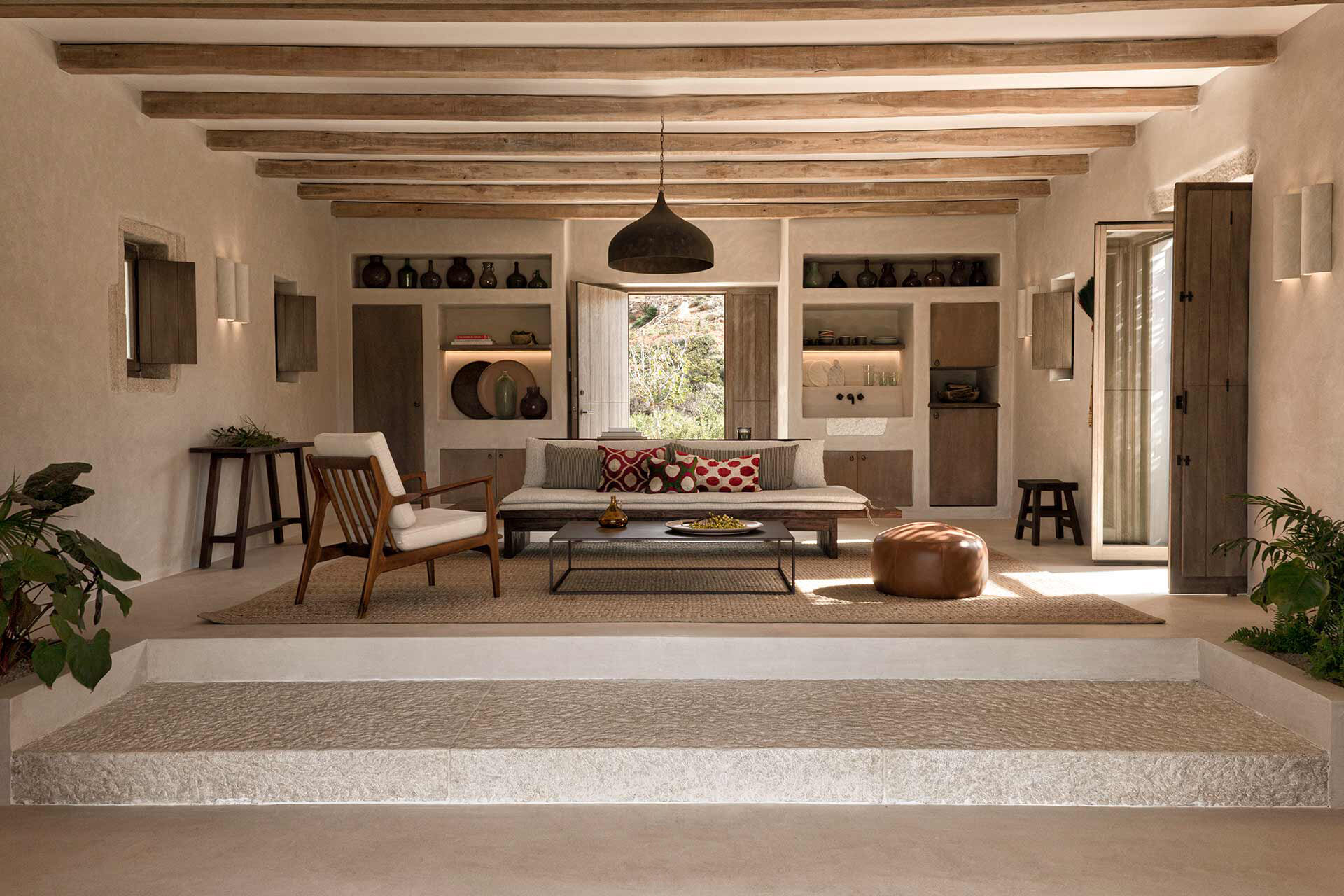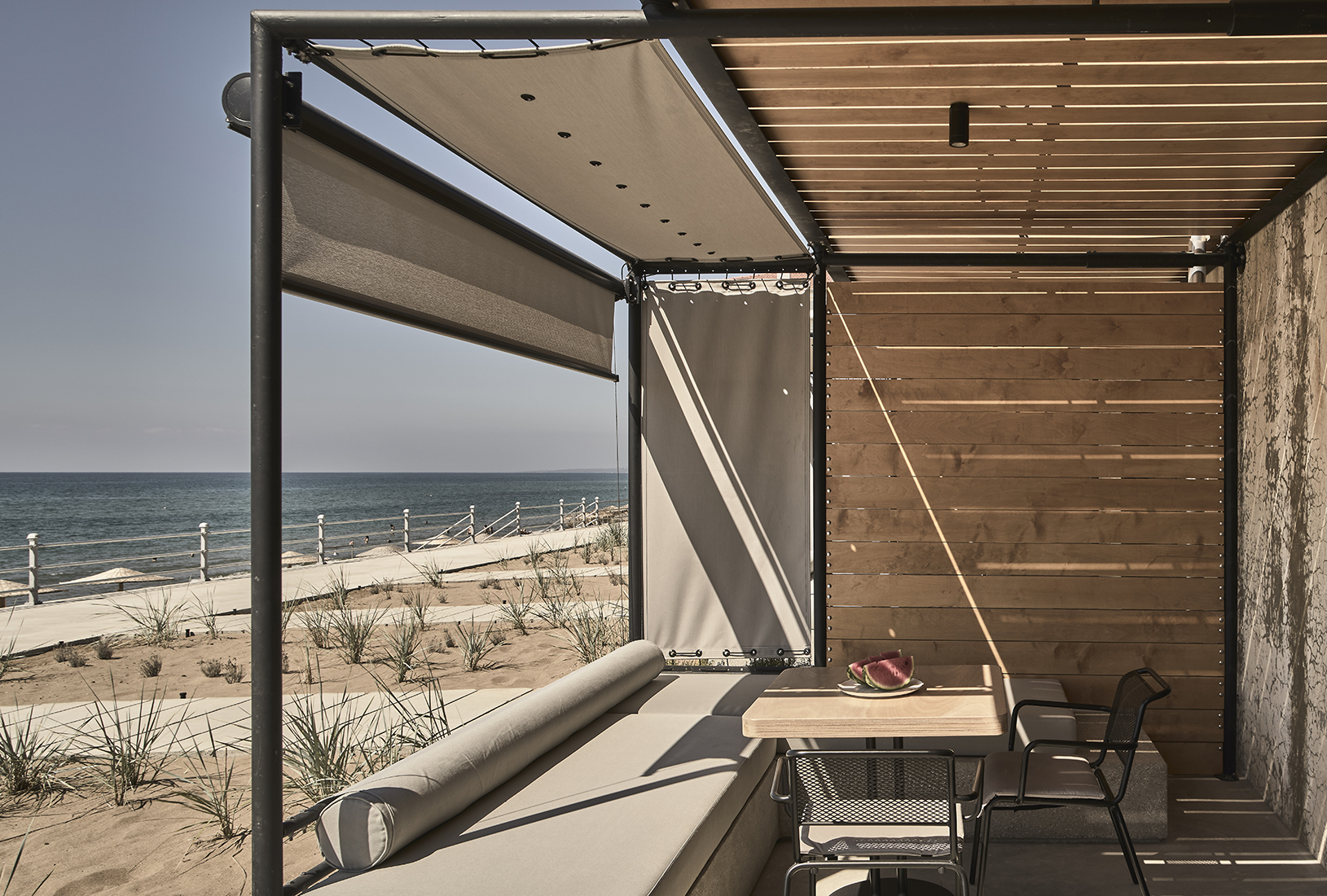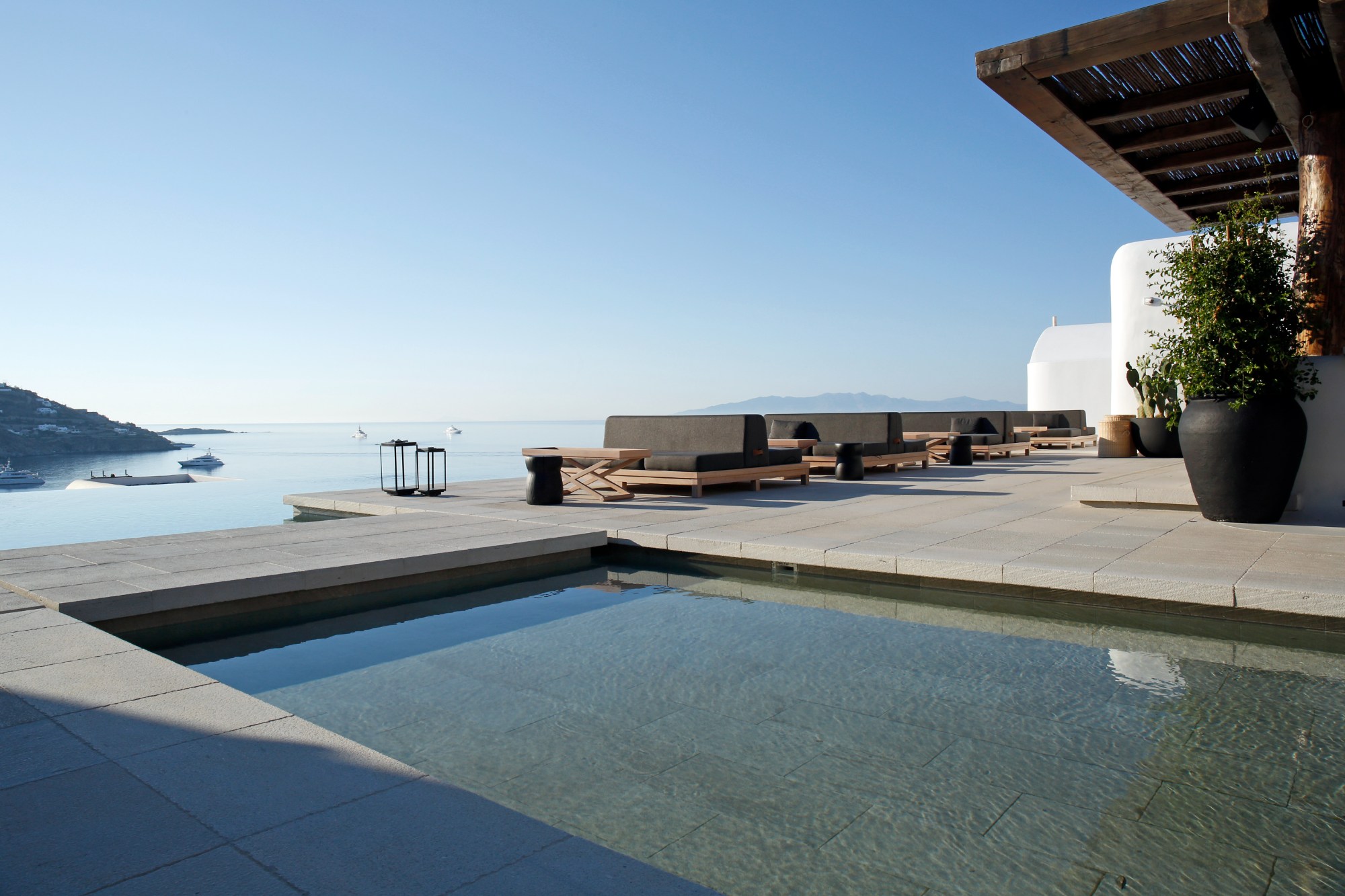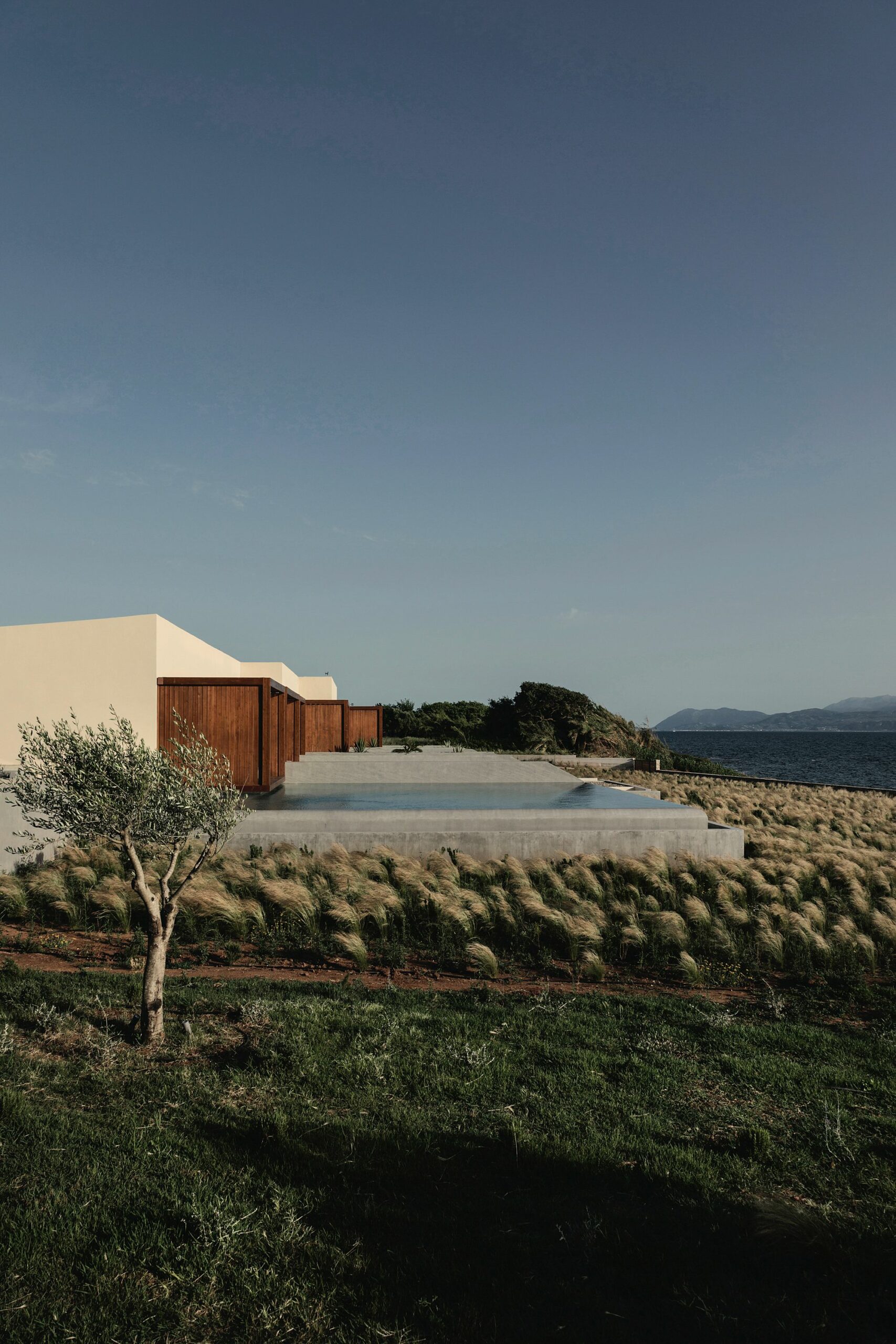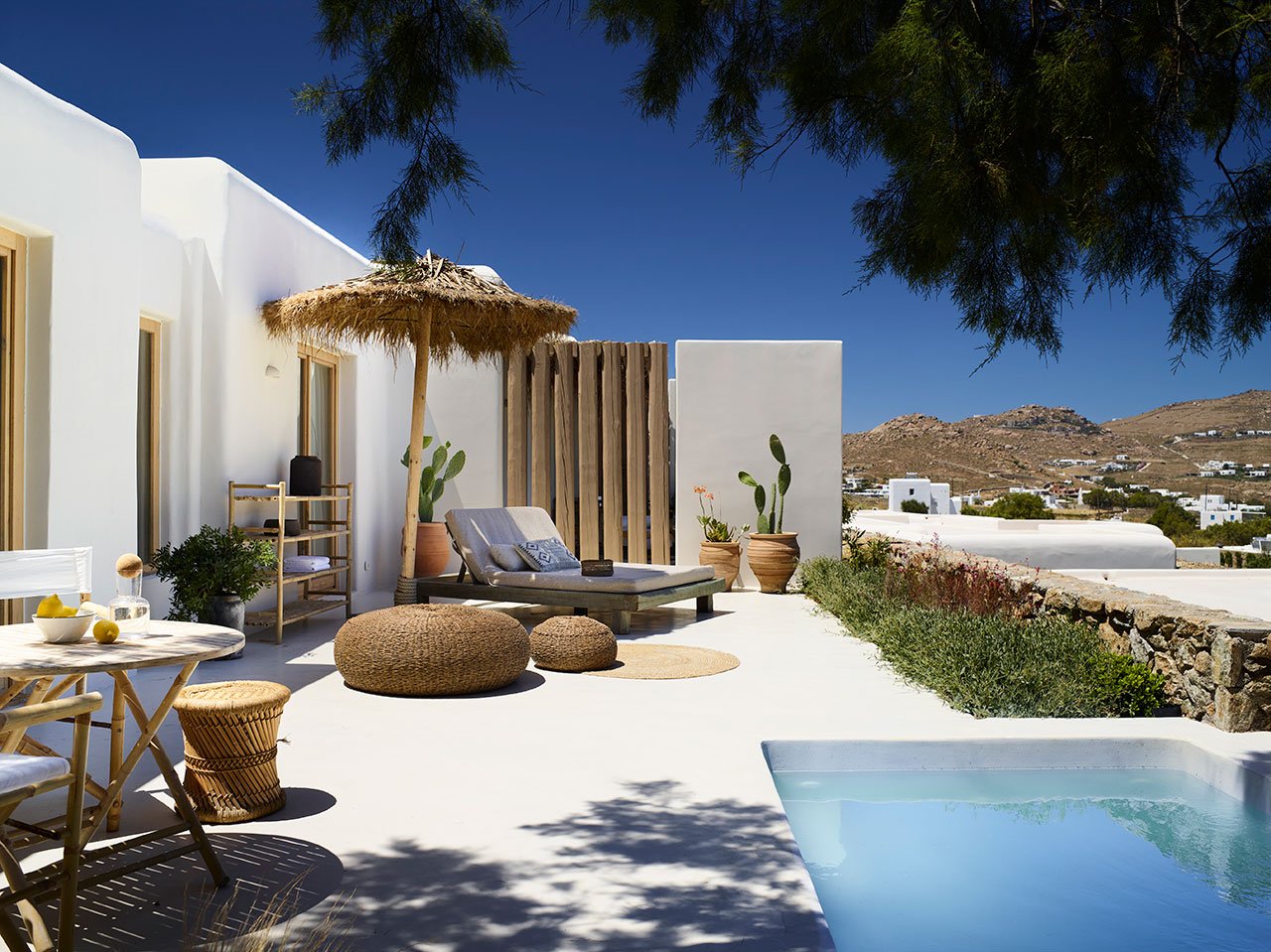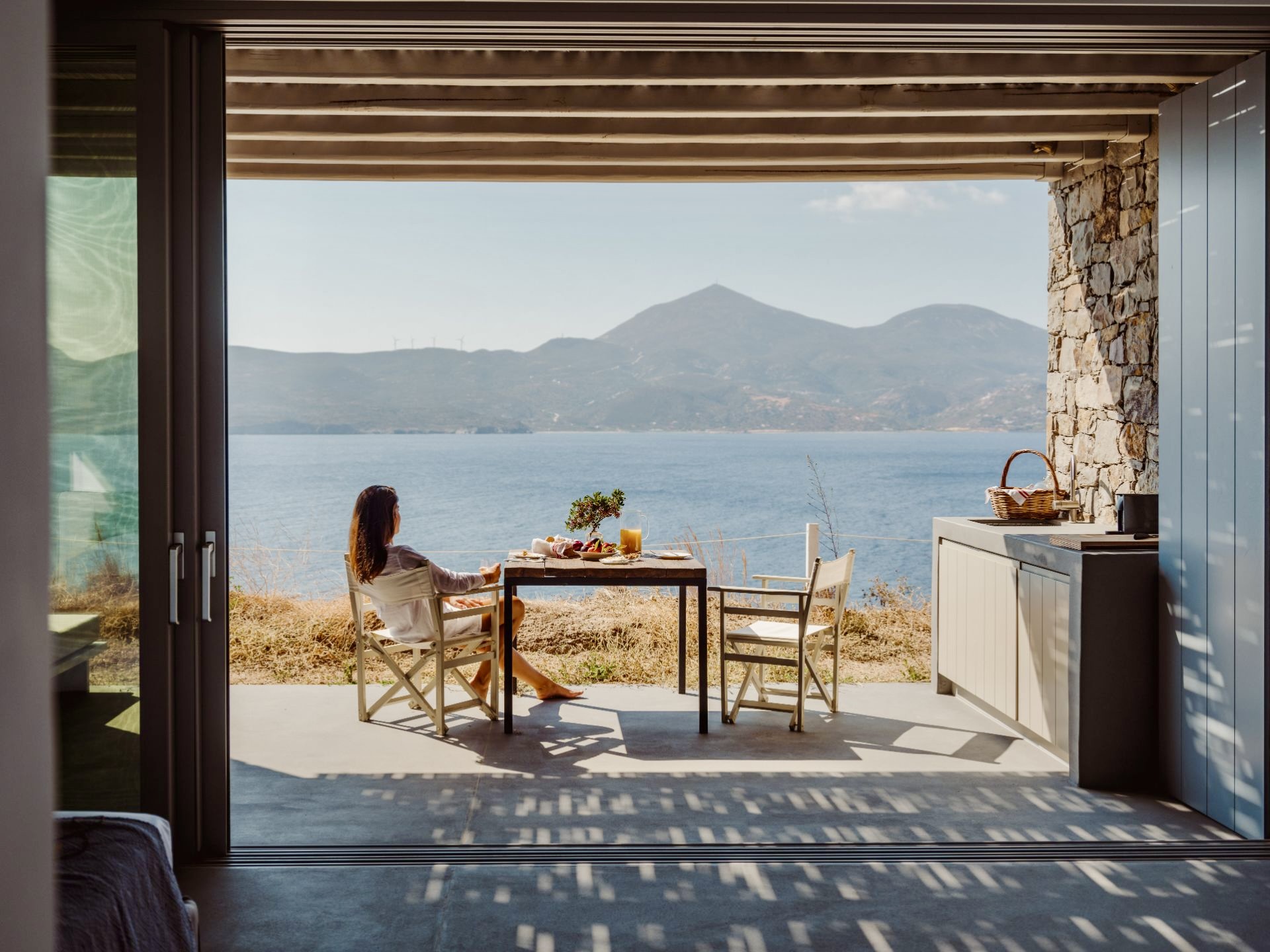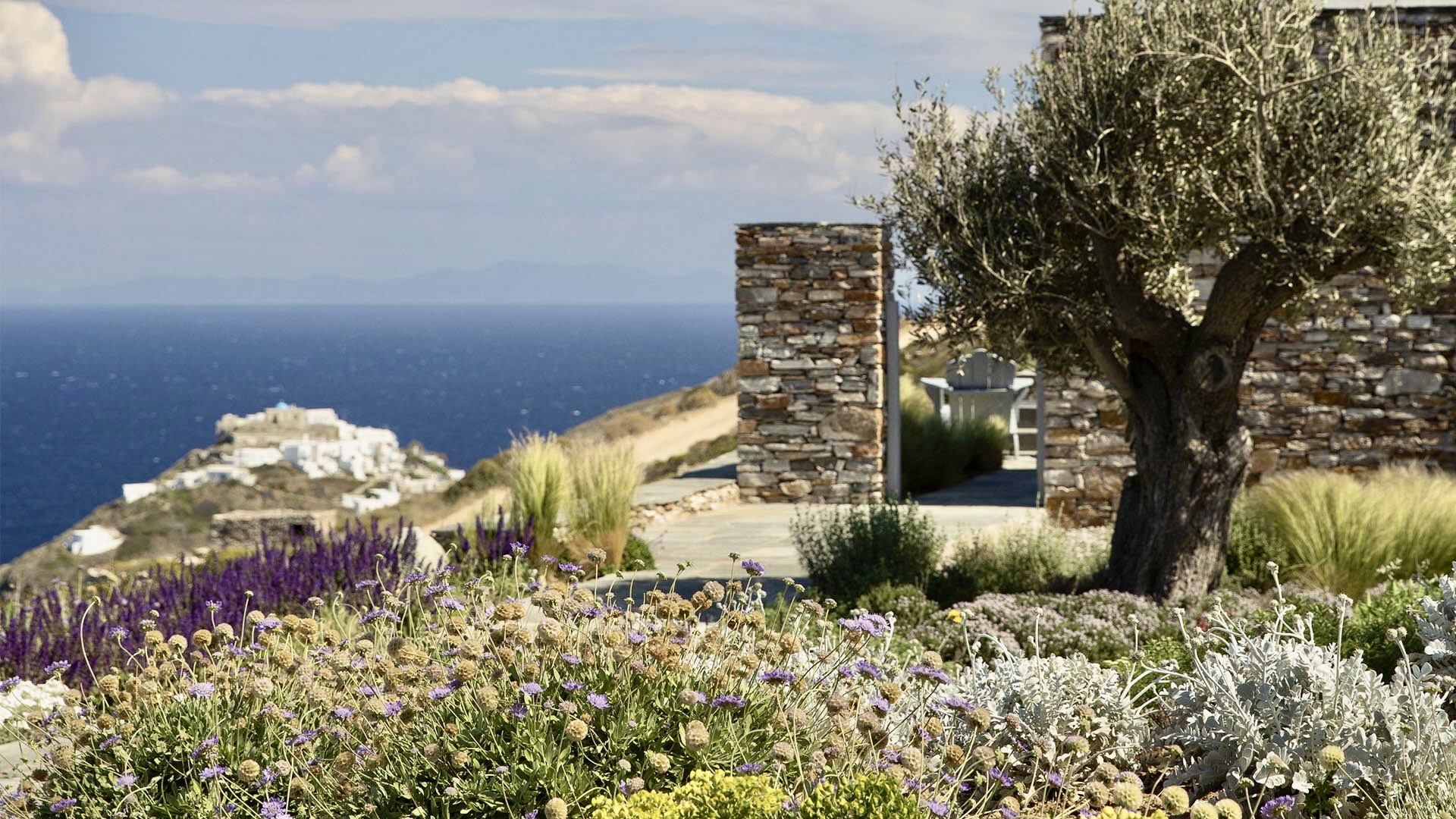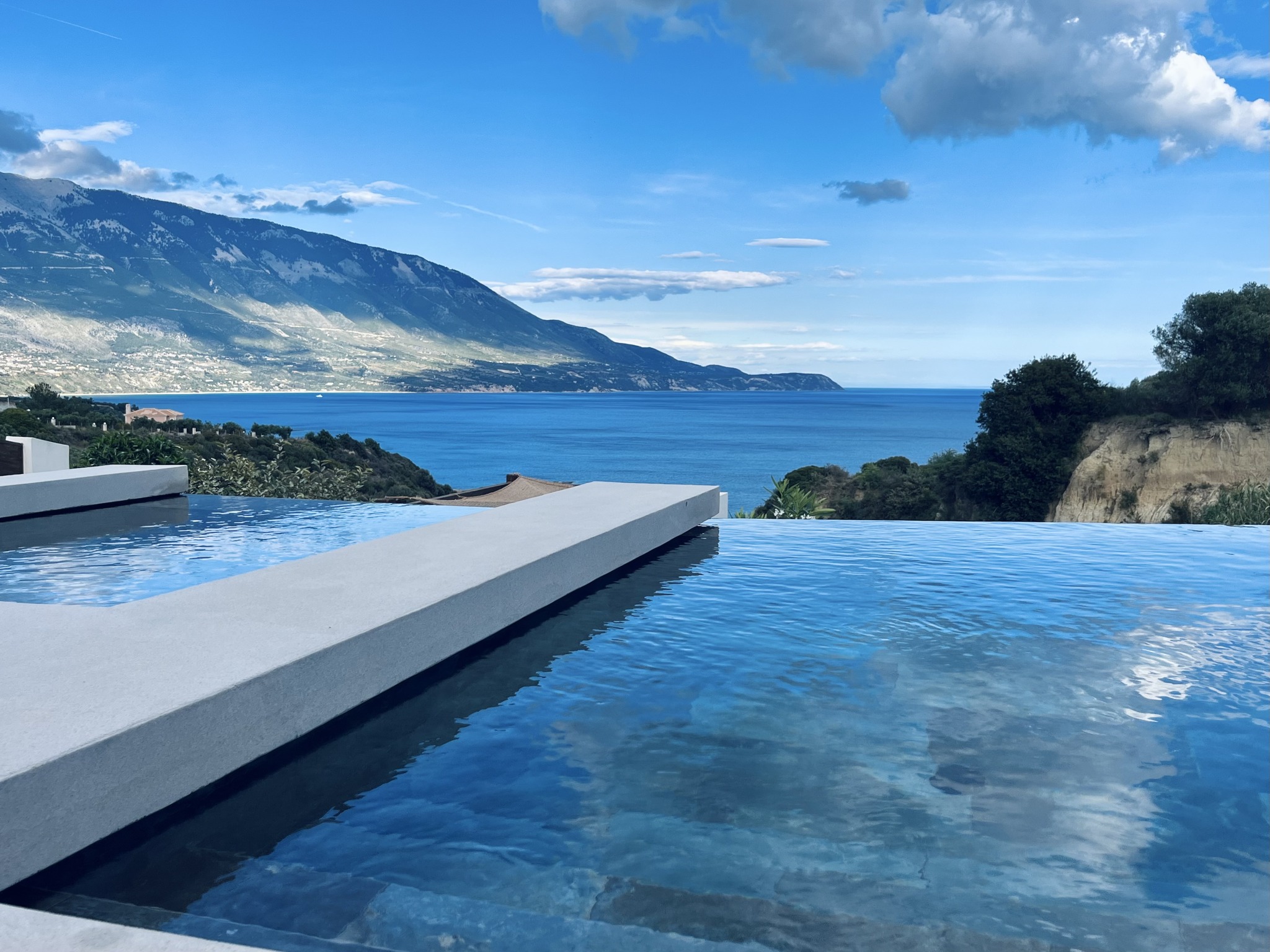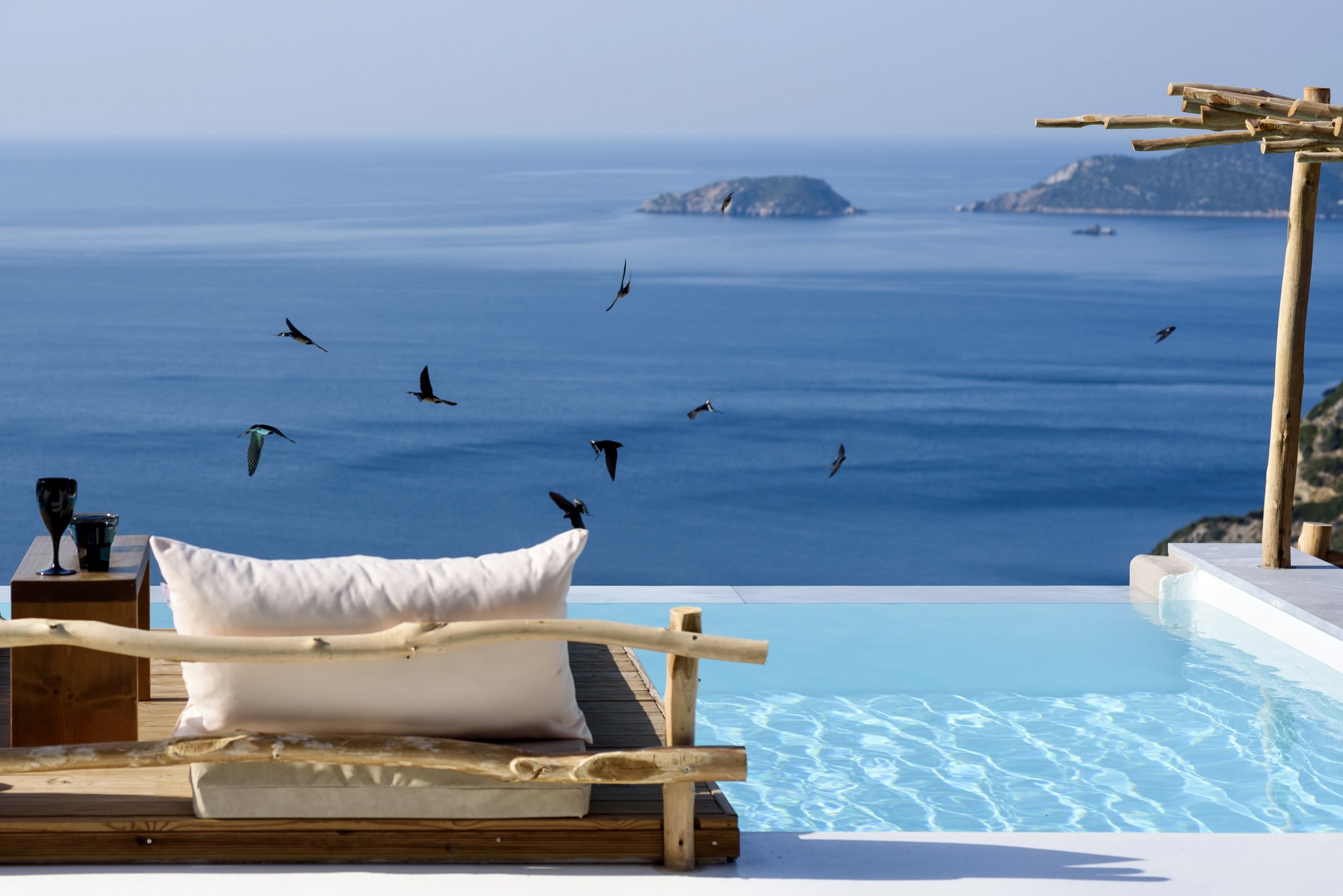The pandemic, worldwide, has not prompted structural changes in any sectors. However, it has essentially fused dominant trends of recent years into catalysts. When we stepped back out into the world, life around us was the future, which under normal circumstances, we probably would not have experienced until four or five years later.
Everything we experience in the present and all the trends that shape developments revolve around the same axes: people, the environment, authenticity and truth. Whatever we do needs to offer something in return, be beneficial, directly or indirectly. This, after all, is the true meaning of wellness.
For some time now, we had already, prior to the pandemic, begun absorbing the slow-living concept through articles in magazines, campaigns, behaviour. The idea was to take time over things, pause, see life from another perspective, distanced from the frenzied pace of everyday life, look deep into ourselves, assess our actions and how we manage the concept of time – all of this as a modern, personalised package containing the age-old questions: “who are we?” and “where are we going?”
In the context of travel, the term slow living has been finding application through an interest by people for longer-term holidays, a renouncement of glaring luxuries, a growing desire for contact with nature and feeling like a part of it, carrying just whatever can fit in a tent and a backpack.
The term slow-living hotels was the first major trend to develop in the tourism industry following the crisis brought about by the pandemic. This year, numerous examples have emerged in Greece of hotel enterprises deciding to apply the wellness manifesto of the times for a philosophised perspective as to how one can detoxify from the stress generated by objectives and treasure hunts in life. Happiness is found in moments.
Browsing through websites of slow-living hotels promising ideal escape brings to light certain common features: use of earth-tone colours, warm minimalism, comfort-focused design, comfortable chaise-longue sofas for extended reading sessions and regular siestas, pebbles, wood and marble. The slow-living intention is for the hotel suite to serve as a time capsule, a pleasure-filled dive into the open that is comfortable and can host the intangible qualities of life that can so rarely be tuned into and enjoyed.
A proper slow-living hotel offers luxuries such as low noise levels. The value of serenity and noise detoxification is priceless. The spa must always be available, with hot stone therapy. The food needs to be simple and organic with gustatory clarity and sourced ingredients certifying the identity of farmers – a Scandinavian approach of Mediterranean and, of course, local terroir.
According to Kostas Panagakis, founder of Travelworks, specialising in tourism enterprise communications: “Slow-living hotels need to have a strong connection with the destination. These days, every single mile counts. There’s no point in travelling from one side of the world to the other to experience things you can find right next to you, at home. Gastronomy offered needs to be intertwined with local produce, as well as techniques – carefully prepared yet welcoming, developed yet humane. Every dish takes on a reason for existence and a role in the overall story. In addition, an environmentally responsible presence is needed. There is no place for polluting units of heavy environmental impact in the modern version of slow tourism. Finally, a visual identity directly linked with a calm and realistic palette is needed, meaning earth-tone colours, strong human-centred design, and complete abstinence from anything excessive, intense and shiny.”
Slow-living hotels cannot maintain lively bars with happy-hour offers, sparkling rose wines and loud music. They cannot offer complicated design. Functional simplicity is necessary. Menu dishes, too, need to be down to earth.
Rooster, a wellness and lifestyle resort on the Greek island Antiparos, appears to be a case-study as slow-living principles have been fully applied by its proprietors, who obviously adopted their approach with great consideration prior to executing their plan with such surgical precision. This resort’s presentation in foreign media with correct hashtags and terminology highlights the business plan’s focused strategy.
Dexamenes in Kourouta, in the west Peloponnese’s Ilia prefecture, generated considerable social media discussion concerning slow-living; Kalesma, on Mykonos, was clearly this year’s standout new opening on the island; The Wild Hotel, also on Mykonos, attracted attention; while Meraviglia made a decent effort given the standards in Preveza, northwestern Greece.
Kostas Panagakis explained: “True applications of slow living are truly fascinating, with meaning and substance. Sloppy imitations are unimaginably boring and have short lifespans. True exponents of the slow-living movement in hospitality come in big numbers and are scattered all over the world, from Ibiza and Mallorca in Spain, to Antiparos and Mykonos in Greece, Umbria in Italy, and Berlin, always a pioneering city.”
Supply and demand for slow-living products appears set for a sharp rise. In Greece, the weather, disposition of locals, and overall setting all seem custom-made for such an approach to time, life and inner reflection. Once again, on this issue, too, time will tell.



